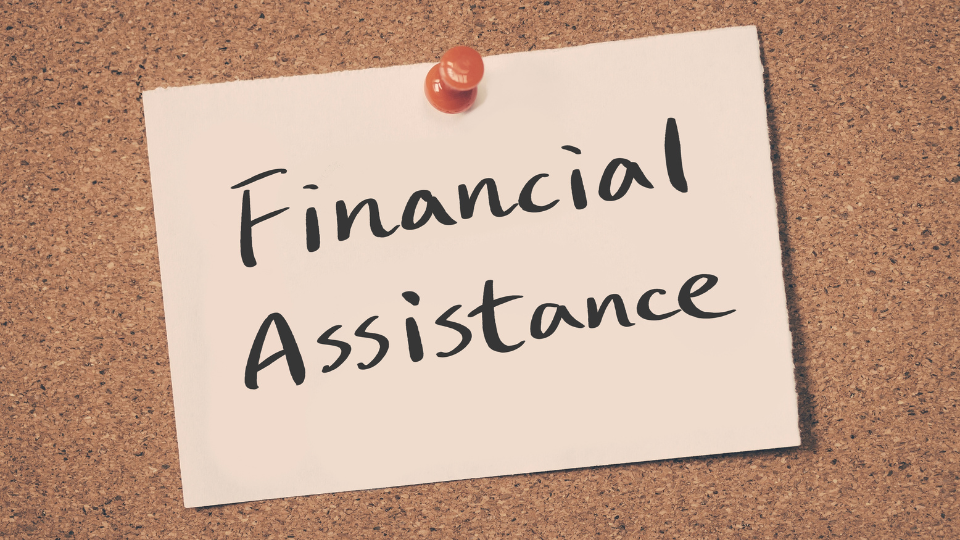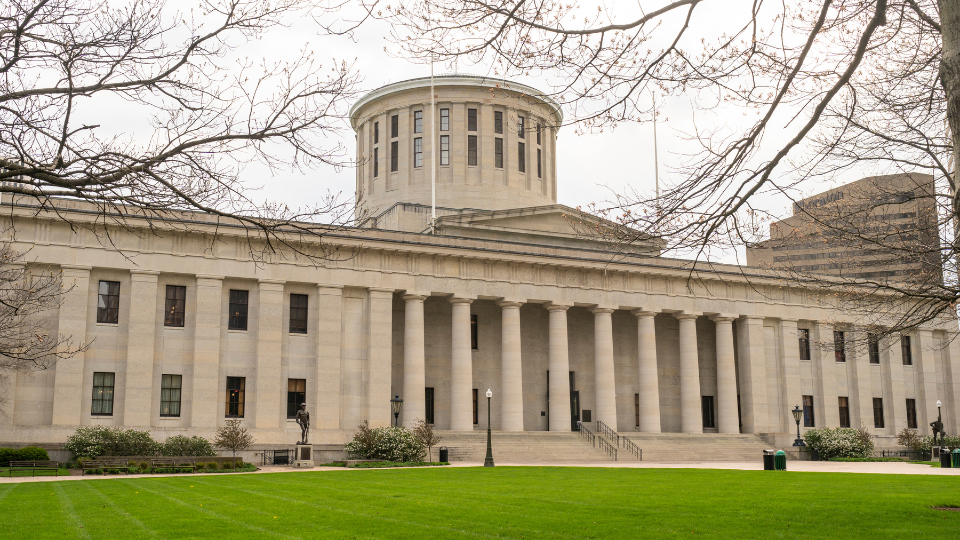Buying a home for the first time is an exciting journey, but it’s not without its challenges. Many first-time buyers feel overwhelmed by the complex financial world.
Many programs and steps are available to help secure your dream home. Questions like “How do you qualify for first-time home buyer assistance?” and “How can I save for a house?” are common. However, the answers can be hard to find without proper guidance.
This guide will equip you with essential tools and knowledge to navigate the home-buying process with confidence. This article will help you understand first–time home buyer loans. We will also explore grants and tax credits.
You will find useful tips and valuable resources here. Let’s start your journey to buying your first home!

Understanding Financial Assistance for First Time Home Buyers
Types of Financial Assistance
As a first-time buyer, understanding the different types of financial assistance is crucial to success. Assistance options often include:
- Grants: These are often state- or federally funded and don’t need to be repaid.
- First-time home buyer loans usually have lower interest rates. They also require smaller down payments and have easier credit requirements.
- Tax Credits: Programs like the Mortgage Credit Certificate (MCC) lower your federal income tax. This can help increase your monthly budget for buying a home.
- Down Payment Assistance: These programs help pay for your upfront costs. They make it easier to prepare for buying your first home.
Each of these options is designed to make first time homebuyers preparation less daunting and more affordable.
First Time Home Buyer Programs
Federal programs are some of the most well-known resources available to first-time buyers. Here’s a closer look at the types of mortgage loans for first-time buyers. Many of these loans do not require a 20% down payment. Let’s explore what they offer.
FHA Loans
An FHA loan is a popular choice for first-time buyers. It allows for low down payments (as little as 3.5%) and lower credit score requirements compared to conventional loans.
- Eligibility Requirements:
- Minimum credit score of 580 for the 3.5% down payment option.
- Proof of steady income and employment.
Learn More: Visit the Federal Housing Administration for official details.
VA Loans
Available exclusively to veterans, active-duty military, and their families, VA loans offer:
- Zero down payment.
- Competitive interest rates.
- No private mortgage insurance (PMI).
Eligibility: Check your status with the U.S. Department of Veterans Affairs to see if you qualify.
USDA Loans
Designed for rural and suburban buyers, USDA loans provide 100% financing for eligible properties.
- Income Limitations: Household income must fall below a certain threshold.
- Property Requirements: The home must be located in a USDA-designated area.
Learn More: Explore rural property options on the USDA Rural Development website.
State & Local Assistance Programs
Federal programs are well known, but state and local resources can also help. These programs provide support that fits your area’s needs for buying a house.
Why State and Local Programs Matter
Many states and cities provide grants, first time home buyer loans, and tax incentives to encourage homeownership. These programs often cater to specific demographics or geographic areas.
- Example: The Florida Housing Finance Corporation offers down payment assistance grants for eligible first-time buyers.
- Another Example: Ohio’s Your Choice! Down Payment Assistance program provides up to 5% of the home’s purchase price to qualified buyers.
How to Find Local Programs
- Visit your state housing authority website.
- Contact local government offices or nonprofits focused on housing.
- Search HUD’s Local Assistance Directory to find resources near you.
How to Prepare to Get a First Home
Preparation is key to successfully purchasing a home. Whether you are applying for grants, saving for a down payment, or improving your credit score, the right steps matter.
Step 1: Set a Budget
Determine your price range by evaluating your income, savings, and existing debts. A realistic budget ensures you focus on homes you can afford.
- Debt to Income Ratio: Keep your DTI below 43% for a better chance of loan approval.
- Monthly Mortgage Payments: Use a mortgage calculator to estimate your costs and ensure they fit within your monthly budget.
Step 2: Improve Your Credit Score
Credit scores directly impact your eligibility for loan programs and interest rates. Here’s how to boost yours:
- Pay bills on time.
- Reduce credit card balances.
- Avoid taking on new debt before applying for a mortgage.
Step 3: Start Saving
Ask yourself, “How can I save for a house?” Here are a few practical tips:
- Set up a dedicated savings account.
- Cut non-essential expenses.
- Automate monthly savings contributions.
Step 4: Research Assistance Programs
Look into payment assistance programs that align with your financial needs. A housing counselor or trusted real estate agent can help you identify the best options.
Navigating the Application Process
Applying for financial help can seem overwhelming. However, breaking it into smaller steps makes it easier to handle.
What You’ll Need
- Proof of Income: Recent pay stubs, W-2s, and tax returns.
- Asset Documentation: Bank statements and proof of savings.
- Credit Report: A full credit report from all three major bureaus.
Tips for a Successful Application
- Start early and stay organized.
- Double-check application requirements to ensure completeness.
- Be honest about your financial situation to avoid complications later.

Maximizing Benefits and Avoiding Pitfalls
Even the most prepared buyer can make mistakes. Here’s how to avoid common pitfalls while maximizing the benefits of payment assistance programs.
How to Maximize Benefits
- Combine assistance: Use a grant to cover your down payment and an FHA loan for the rest.
- Shop around: Different mortgage lenders offer varying rates and terms, so compare multiple offers.
Mistakes to Avoid
- Skipping the Home Inspection: Don’t skimp on this critical step. A thorough inspection can save you from costly repairs later.
- Overextending Your Budget: Stick to homes within your price range to avoid financial stress.
- Ignoring Fine Print: Ensure you understand the terms of grants and loans before committing.
First Time Home Buyer Tips and Advice
Here are some additional first time homebuyers preparation tips to ensure a smooth experience:
- Partner with Professionals: Work with an experienced real estate agent who understands your needs.
- Explore All Loan Types: From conventional loans to government-backed programs, find the option that fits your financial profile.
- Ask Questions: If you have questions about grants, payment help, or loan programs, feel free to ask for clarity.
Conclusion
Buying a home as a first-time buyer is both an exciting and challenging experience. By learning about first–time home buyer loans and looking into assistance programs, you can make smart choices. Following helpful tips and advice will guide you through the process.
The journey to homeownership begins with preparation. Take time to improve your credit, build your savings, and explore resources like grants and payment assistance programs. With the right strategies and guidance, your dream of owning a home is within reach.
Ready to take the next step? Visit trusted resources like HUD.gov or NerdWallet’s First-Time Buyer Guide to explore programs and tools tailored to your needs. With knowledge, preparation, and persistence, you’ll soon be unlocking the door to your first home!
FAQs
How Do You Qualify for First-Time Home Buyer Assistance?
Eligibility requirements vary by program but often include:
- Income limits based on the program’s guidelines.
- A clean financial history with minimal debt.
- Participation in a homebuyer education course.
How Can I Save for a House Quickly?
Saving for a house is a significant financial goal that many individuals and families aspire to achieve. Here’s a few simple steps that can help you put the money together to make it possible.
- Automate savings.
- Reduce discretionary spending.
- Look for side gigs to boost income.
Pro Tip: Explore programs that match your savings for a down payment to accelerate your progress.
What Is the Debt to Income Ratio?
The debt to income ratio (DTI) compares your monthly debt payments to your gross monthly income. Most lenders prefer a DTI below 43% to ensure borrowers can handle monthly mortgage payments comfortably.









